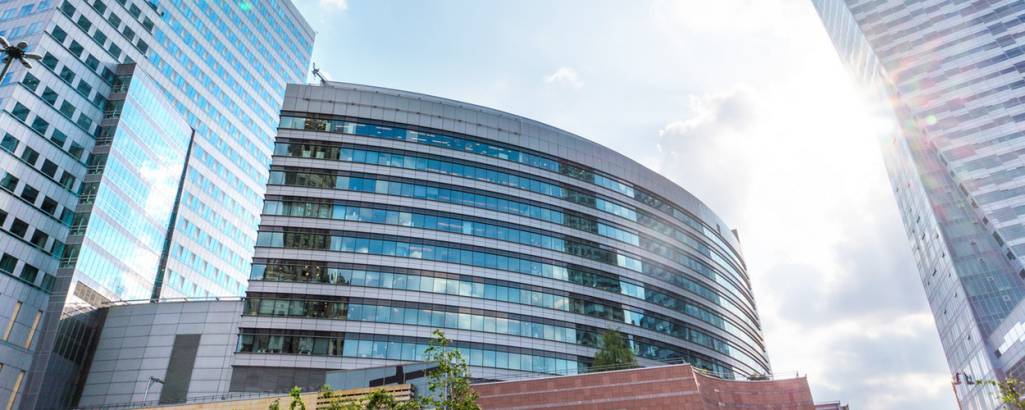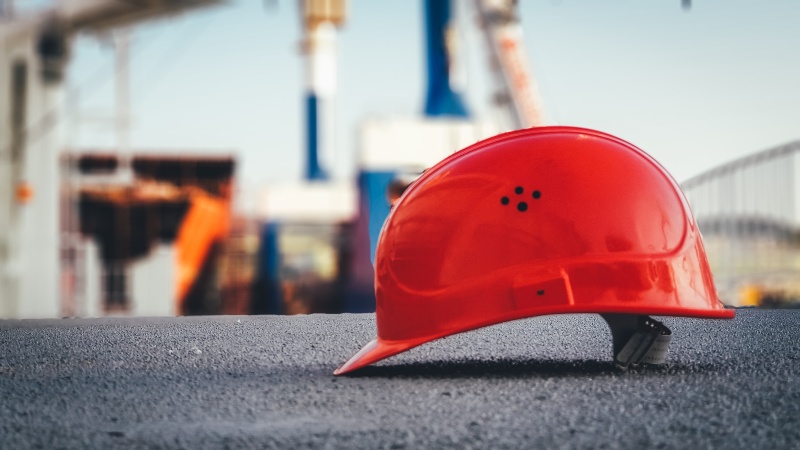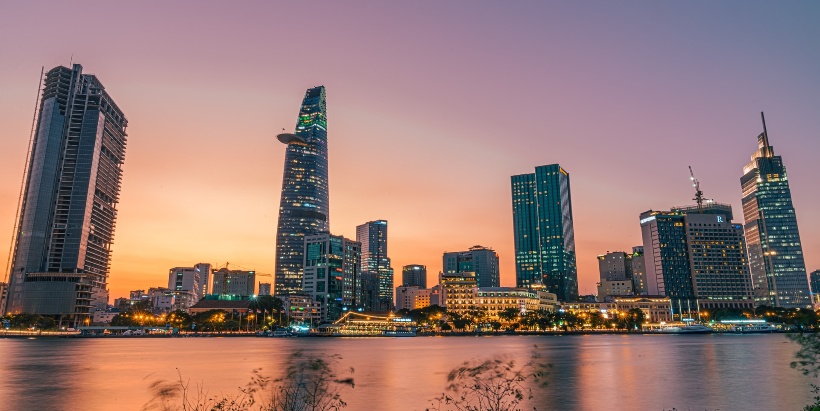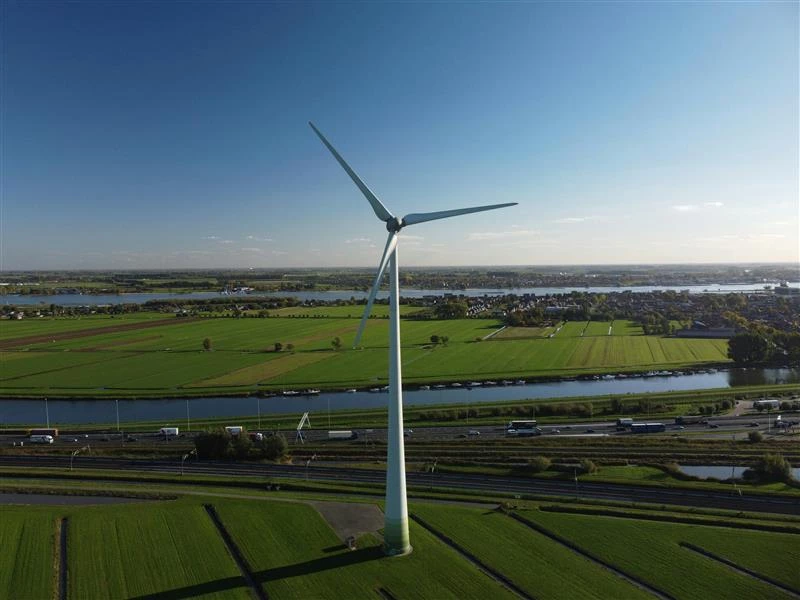Thailand's commercial construction sector shows a positive outlook as the commercial sector has been observed to see strong growth since the last economic slowdown in 2015. Numbers of new shopping malls, restaurants, and hotels are expected to increase to facilitate the influx of visitors.
The country's opportunities for the commercial construction sector to grow are bound to increase in the coming years. The overall number of new commercial construction in Thailand had grown with an average of 6.5% in the past few years.
The observed growth of the commercial building market is driven by the increasing demand for shopping malls and restaurants. Tourism is considered to be the main factor in pushing all these demands for a commercial building to grow. Tourism in Thailand records an average of 10.5% in recent years with the Chinese population, as the majority of these tourists, to grow around 40% each year.
Shopping malls have also become a significant construction market in Thailand. Thai Shopping Centers Association (TSCA), consists of a major shopping center's developers, has pushed the development of Thailand commercial environment to become a regional shopping hub. Since 2017, USD 2.83 billion has been invested by investors in order to strengthen Thailand's position as Southeast Asia's shopping hub.
Effective construction towards all this potential commercial building will be the essential key for Thailand to improve this sector. Even the momentum can't be better than ever as all stakeholders have shown their support towards this development, with the examples of the tremendous investments and the ever-increasing number of tourists. Contractors, both local and international, must be able to seize this opportunity and jump into the rising trend of commercial construction in Thailand.
The country is one of the examples of successful socio-economic development. It managed to turn itself as a low-income country to a higher-income in less than a generation timespan, creating many affluent populations with high purchase behavior.
In recent years, many have speculated that Thailand economy will experience a slowdown due to domestic political turmoil. However, Thailand presents itself as a resilience economy and is currently growing in an unaffected moderate pace. Amidst the political instability of election and trade wars between the U.S. and China, it is expected to grow at a 3.7% rate in 2020.
Thailand's economic resilience needs to address the nation's ability to have a differentiated strong economic sector. Thailand is widely known as a major international hub for automotive manufacturing, but it also maintains strong economic sectors other than the industrial sector, one of the prominent examples is the commercial sector. Thailand's commercial sector strength is a result of the affluent population behavior as well as a high level of purchase from the ever-growing tourists coming to the country.
Gain more insight on our full report, Will Thailand 2.0 Revive the Construction Industry?







